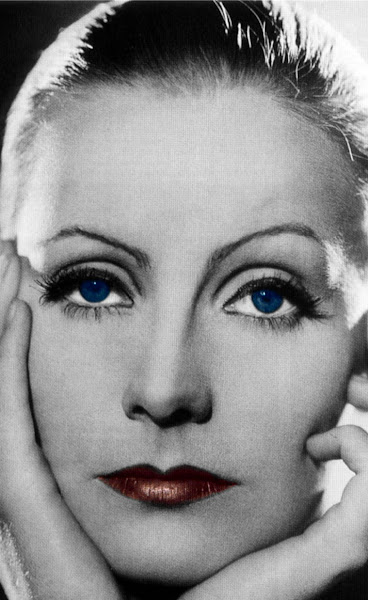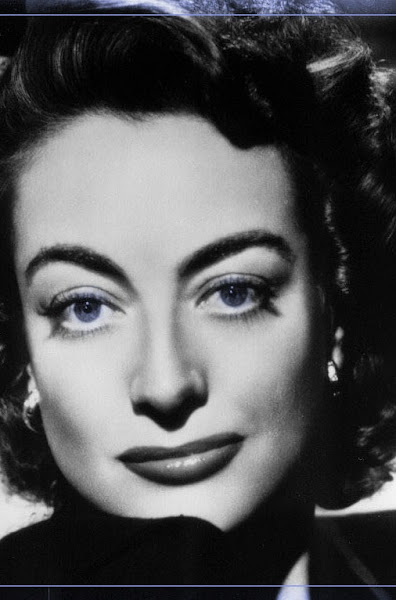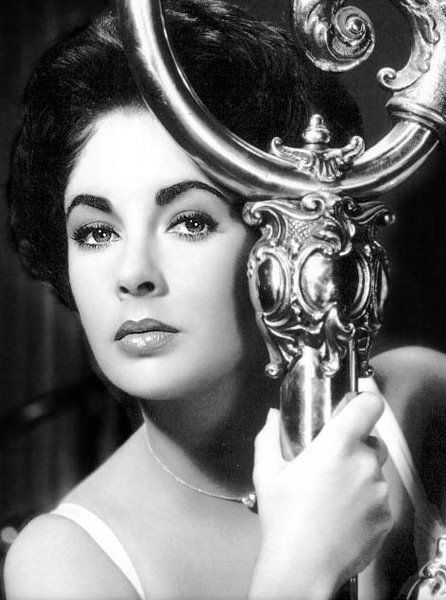 *** out of ****
*** out of ****
Sibling rivalry is never terribly fun, and in “My Brother is an Only Child,” it can get ugly. I love the film for its genuine embodiment of Italian life, and its intense script, featuring political warfare that threatens to tear a family apart in a time of turmoil between fascism versus communism—between brother and brother.
Since the beginning, older, handsomer brother, Manrico (Riccardo Scamarcio), has overshadowed and undermined younger brother, Accio (Elio Germano), who, even from the beginning, wants to do something good for his family by becoming a priest. Unfortunately for him, a photo of a beautiful, voluptuous actress, slipped to him by his older brother, makes him fall from grace and leads to his eventual return to his parents, disgraced and forced to attend a technical school that prevents him from studying Latin. While his parents admire his older brother for his charisma and his sister, Violetta (Alba Rohrwacher), for her artistry, Accio is a sort of black sheep of the family, capturing the disdain of his parents, especially when he tries to run away from their influence and toward the imminent regrowth of fascism. Now rebelling against the communist practices of his family and his outspoken brother, he meets Manrico’s beautiful girlfriend, Francesca (Diane Fleri), and falls for her. When the fascists attempt to destroy Manrico’s car, Accio turns to the communists’ side and supports his family. But as Manrico becomes more deeply involved with communist actions against the state, Accio must decide how to help his brother and Francesca, just as he finds troubles of his own in turning against the fascist members who took him in, all culminating in a series of tumultuous events that leads to quite an exciting ending.
The acting in “My Brother” is top-notch, particularly from Elio Germano, who gives a believable, compassionate performance as Accio. In addition, Angela Finocchiaro is splendid as his unsympathetic mother who somehow arrests viewers between both her hateful and anguished tears. The script is wonderful and transforms just another coming-of-age plot or political thriller into quite a marvelous modern Italian film.
The cinematography is quite good as well, though a bit less noteworthy. My favorite shots involve Accio’s particular symbolic rites-of-passage. When he first commits to fascism, he, along with Mario, raises his arm toward the Italian flag shown from a low angle in the next shot. On the other hand, when he tears up his fascism card later, he is filmed at night with a shot using selective focus, blurring the Italian flag in the background, obstructed by a heavy black gate. This shot indicates the loss of his dedication to old Italian ideals of fascism (under Mussolini, of course), as he returns his loyalties to his family.
“My Brother is an Only Child” is an interesting film that starts with whimsical music and a comic tone but ends on a fairly heavy, dark note as an intense political thriller. In fact, the film tends to balance opposites all the way through, notably the opposing brothers and political beliefs. Though it highlights the differences between the two heated sides of communism and fascism and how they work in 1960’s Italy, the film does ultimately come down to the bonds of brotherhood and how it overcomes even the darkest times.
“My Brother is an Only Child” will open in June at the Belcourt Theater.
May 23, 2008
My Brother is an Only Child (Mio fratello è figlio unico)
Subscribe to:
Post Comments (Atom)

.jpg)

.jpg)
.jpg)

No comments:
Post a Comment